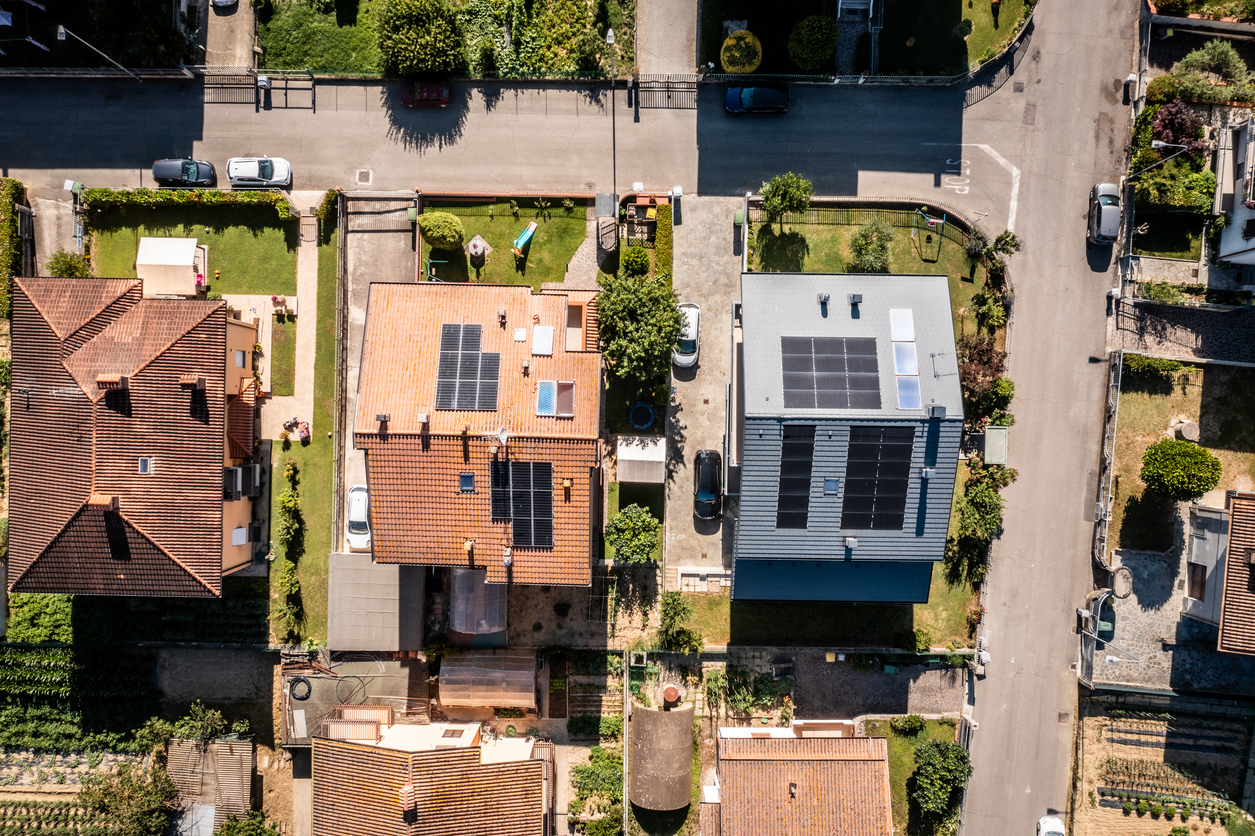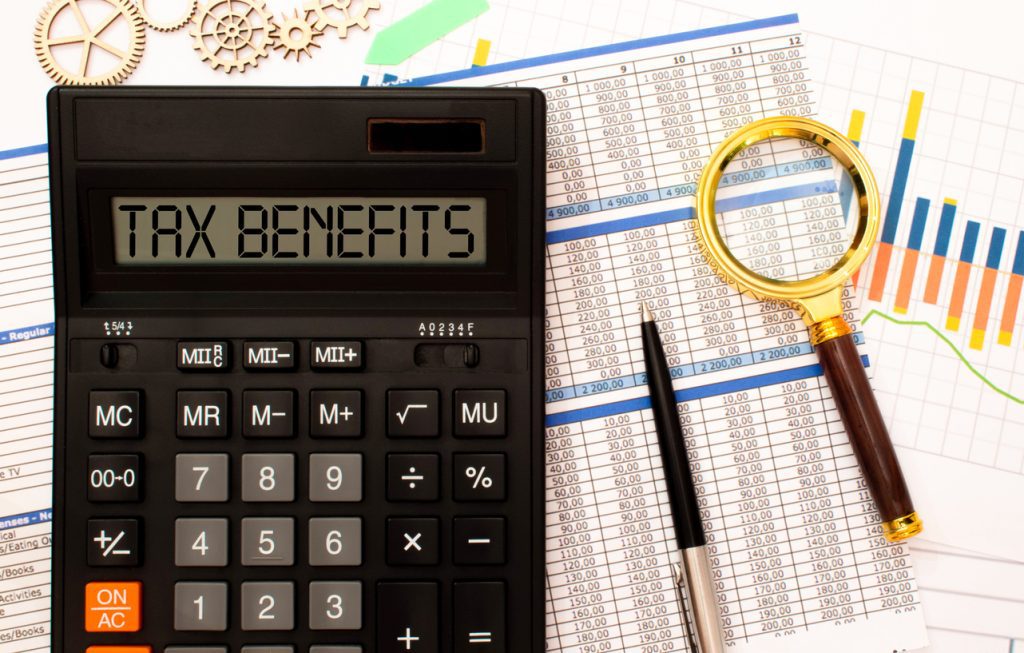Solar panels in Australia: Are they worth the investment in 2025?
By Andrew Dunbar | 13/10/2025
 More than 4 million Australian homes now have rooftop solar, representing one in three homes across the country. The decision to install solar panels is often driven by environmental concerns and sometimes influenced by lifestyle factors. In most cases, it’s a financial decision. But with significant upfront costs, are solar panels really worth the investment in 2025?
More than 4 million Australian homes now have rooftop solar, representing one in three homes across the country. The decision to install solar panels is often driven by environmental concerns and sometimes influenced by lifestyle factors. In most cases, it’s a financial decision. But with significant upfront costs, are solar panels really worth the investment in 2025?
For many Australians, solar panels can deliver real savings and long-term value. But the returns depend on your circumstances, including the amount of power you use, when you use it, the suitability of your roof and how long you plan to stay in your home.
The cost of solar panels in Australia
While the price of solar has dropped dramatically in the last decade, installation still represents a large upfront investment. In 2025, a typical system for an average household will usually cost in the range of tens of thousands of dollars, depending on the size and brand of the system and whether you add a battery.
According to Rodney Kamienowski, Director of Watts of Power, many households focus on three main reasons to go solar: saving money, reducing environmental impact and accessing generous government rebates. As he explains, “Most people want to save some money by producing electricity themselves. Others do it for the environment. But the biggest driver right now is the amount of money you can get from the federal government in rebates. You can save up to $10,000 by applying for the rebate for the battery or the solar system itself.”
These rebates, combined with the falling cost of solar technology, mean the barrier to entry has never been lower. Still, it’s important to treat solar as an investment decision rather than a simple purchase.
About Watts of Power
Watts of Power is a trusted client of Apt Wealth Partners. Operating across all aspects of the domestic, commercial, electrical and renewable energy sectors, it prides itself on attention to detail, excellent customer service and responsive communication. As an accredited solar and battery installer with the Clean Energy Council and a registered electrical contractor, Watts of Power delivers reliable solutions tailored to its clients’ needs. Apt Wealth Partners encourages you to do your own research before making any financial or service-related decisions.
How to calculate your payback period
The “payback period” is the number of years it takes for your electricity bill savings (plus any government rebates) to equal the upfront cost of the system.
In most cases, Australian households can expect a payback period of five to seven years. For families with high daytime electricity usage – such as those working from home, running air conditioning or charging an electric vehicle – it can be even shorter.
Rodney puts it simply: “You need to think of the money spent on solar as an investment. Yes, it might be $10,000, $15,000 or even $18,000, but the return starts coming back from the first week you use it. If you can pay it off in five years, after that, you’re making money.”
The best way to calculate your own payback period is to use a tool like Watts of Power’s Payback Calculator, which lets you input your household usage and get an estimate of your return on investment. While no calculator can perfectly predict your future bills, these tools give a useful indication of whether solar stacks up for your situation.
Common mistakes that reduce solar savings
Although solar panels are designed to be low-maintenance and long-lasting, homeowners can still make mistakes that reduce the financial benefits. Some of the most common include:
- Oversizing or undersizing the system: If your system is too small, it won’t cover your household’s energy needs. If it’s too big, you’ll spend more upfront without seeing a proportional increase in savings.
- Not considering usage patterns: Solar panels generate electricity during the day. If most of your household usage happens at night and you don’t have a battery, you may not maximise your investment.
- Ignoring roof suitability: Shade from trees, poor roof orientation or limited space can all impact performance. A professional installer will assess whether your roof is viable.
- Moving house too soon: Solar delivers the best return if you plan to stay in your home for at least five to ten years. Rodney cautions: “If you’re selling the house in the next two or three years, you need to ask if it’s worth it. But if you’re planning to stay, it’s a fantastic investment.”
The good news is that even if you do sell, a solar system can boost your property’s value. Buyers increasingly look for homes with energy-efficiency features.
Your solar questions answered
Installing solar is a big decision and it’s normal to have questions. Below, we’ve answered some of the most common solar questions and concerns.
Do solar panels work on cloudy days?
Yes, solar panels still generate electricity on cloudy days, although output will be lower compared to bright, sunny conditions.
How much maintenance do solar panels require?
Solar panels are generally very low maintenance. Most households only need to clean panels once or twice a year to remove dust, leaves and bird droppings. Some installers also recommend a professional check every few years to ensure your system is operating at peak efficiency.
What is the typical lifespan of solar panels?
Most quality solar panels come with a performance warranty of 20 to 25 years. With proper care, panels can continue generating electricity well beyond that period, though efficiency may gradually reduce over time.
Do I need a battery to make solar worthwhile?
Not necessarily. A battery can help you store excess electricity for use at night, which increases savings for some households. However, even without a battery, solar panels can still significantly reduce your power bills if you use electricity during the day.
How resilient is this investment to changes in the energy market?
While wholesale electricity prices can fluctuate, the long-term trend has been upwards. Solar provides a hedge against rising energy costs, giving you more control and certainty over your household bills.
So, are solar panels worth it in 2025?
For most Australian homeowners planning to stay in their property for at least five years, solar panels can be a sound financial investment. With generous government rebates, falling installation costs and strong property value benefits, the case is stronger than ever.
That said, solar isn’t one-size-fits-all, with a number of variables that can impact your decision. If you’re considering solar for your home, it’s wise to speak with your Apt adviser first. We can look at your total portfolio and assess whether solar is a smart investment choice.
General Advice warning
The information provided in this blog does not constitute financial product advice. The information is of a general nature only and does not take into account your individual objectives, financial situation or needs. It should not be used, relied upon, or treated as a substitute for specific professional advice. Apt Wealth Partners (AFSL and ACL 436121 ABN 49 159 583 847) and Apt Wealth Home Loans (powered by Smartline ACL 385325) recommends that you obtain professional advice before making any decision in relation to your particular requirements or circumstances.









